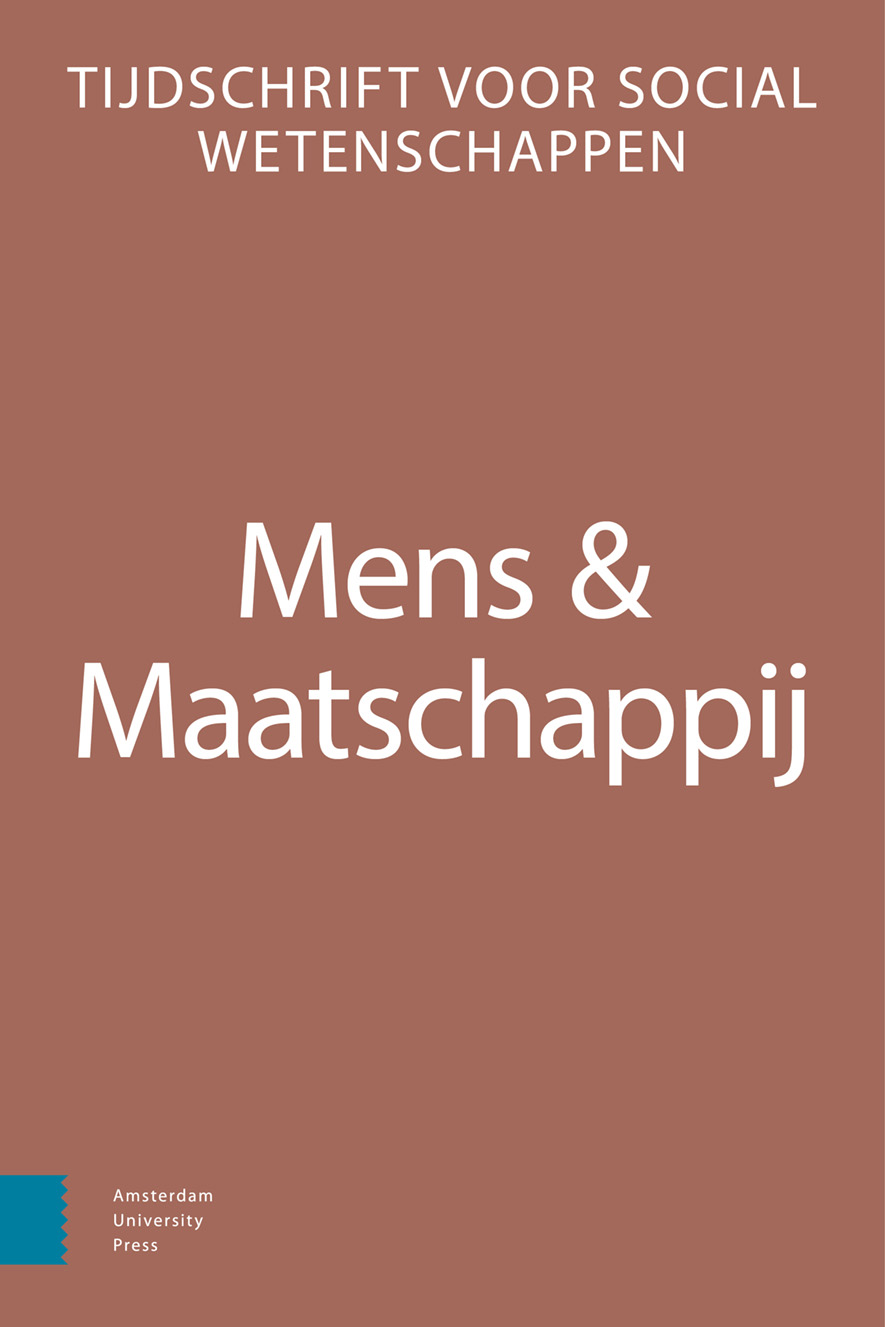-
oa De werking van sociaal kapitaal in het statusverwervingsproces in Nederland
- Amsterdam University Press
- Source: Mens & Maatschappij, Volume 88, Issue 4, Dec 2013, p. 400 - 425
Abstract
This study addresses the question what role social capital plays in the status attainment process of men in the Netherlands in 2000: how important is social capital in the transfer of status from one generation to the next? We derive hypotheses by integrating the social resources theory in the classic status attainment model. To test these hypotheses we perform structural equation modeling on data from the Survey of the Social Networks of the Dutch (SSND). The most important result is that, although social capital is inherited and has a significant effect on one’s status, it plays a minor role in the intergenerational transmission of status. A reason is that the amount of social capital depends mostly on an individual’s educational level, and less so on family background. We further find that social capital actually needs to be activated in order to be of use and only about 30% of the men do so. Moreover, one benefits only from activating social capital if the mobilized person is of high status. Lastly, the role of the tie strength with the mobilized person is not as expected and deserves further attention together with others aspects of the network embeddedness of social capital.


